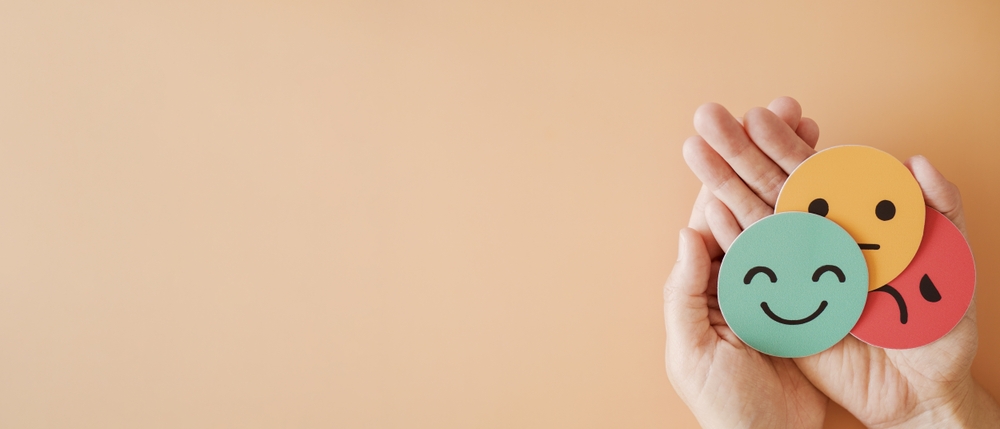Depression is often misunderstood as simply feeling sad, but clinical depression is far more complex and deeply rooted. It can quietly affect someone’s emotional well-being, physical health, and ability to cope with daily life. Recognizing the signs of clinical depression with compassion is the first step toward healing. At Curotiva, we aim to support people through Care, Awareness, and Trust (CAT), helping them feel seen, heard, and supported in their emotional journey.
Understanding Clinical Depression
Clinical depression, also known as major depressive disorder, is a medical condition that affects how you feel, think, and handle daily activities. It is not a sign of personal failure, weakness, or something one can “just get over.” It is a condition that deserves understanding and support. Depression can develop gradually and sometimes without any obvious reason. It affects people of all ages and backgrounds, and no two experiences are exactly the same.
Emotional and Mental Signs of Clinical Depression
Persistent Sadness or Hopelessness
One of the most common signs of clinical depression is a constant feeling of sadness, emptiness, or hopelessness that doesn’t seem to go away. It may persist for weeks or even months, and it can make even joyful moments feel dull or meaningless.
Loss of Interest in Activities
Things that once brought happiness or purpose—like hobbies, work, or spending time with loved ones—may no longer feel enjoyable. This withdrawal is not laziness or disinterest, but a genuine emotional struggle that makes connecting with life feel difficult.
Feelings of Guilt or Worthlessness
People with depression often blame themselves for things beyond their control or feel like they are a burden to others. These thoughts may seem irrational from the outside, but to the person experiencing them, they feel very real and deeply painful.
Difficulty Concentrating or Making Decisions
Depression can affect mental clarity. Even simple tasks can feel overwhelming, and making decisions—big or small—may become challenging. This can add to the frustration and feelings of inadequacy.
Physical and Behavioral Signs of Depression
Changes in Sleep Patterns
Some people with depression may find it hard to fall or stay asleep, while others may sleep much more than usual. Sleep disturbances are a common and distressing symptom, often contributing to ongoing fatigue.

Fatigue or Low Energy
Feeling tired even after resting is another common sign. Everyday activities like getting out of bed, going to work, or preparing meals may require immense effort. This fatigue is not imagined—it’s a real, physical response to emotional strain.
Changes in Appetite or Weight
Depression can lead to either a significant loss of appetite or increased emotional eating. These changes may result in noticeable weight gain or loss, which may further affect self-esteem and physical health.
Physical Aches Without Clear Cause
Some people with depression experience headaches, stomachaches, or other unexplained body pains. While these symptoms are physical, they are closely linked to emotional distress and deserve just as much care.
When to Seek Help
If you or someone you know is showing several of these signs for more than two weeks, it may be time to consider reaching out for support. Depression is not something to handle alone. The earlier one seeks help, the better the chances of finding relief. At Curotiva, we provide a gentle, understanding space where you can talk about what you’re feeling. You can contact us here for emotional support and guidance. Curotiva offer professional mental health services in a confidential setting.
You Deserve to Feel Better
Recognizing the signs of clinical depression is not about labeling—it’s about opening a door to healing. Each person’s story is different, and your experience matters. Depression is real, but so is hope. With the right care, support, and tools, healing is not only possible—it’s within reach. Whether you’re reaching out for yourself or supporting someone you love, know that you are not alone.
Learn more about mental health through our related content, designed to support your journey toward understanding and healing.
Understanding the Different Types of Mental Disorders
Recognizing the Symptoms of Mental Illness: A Guide to Early Awareness

